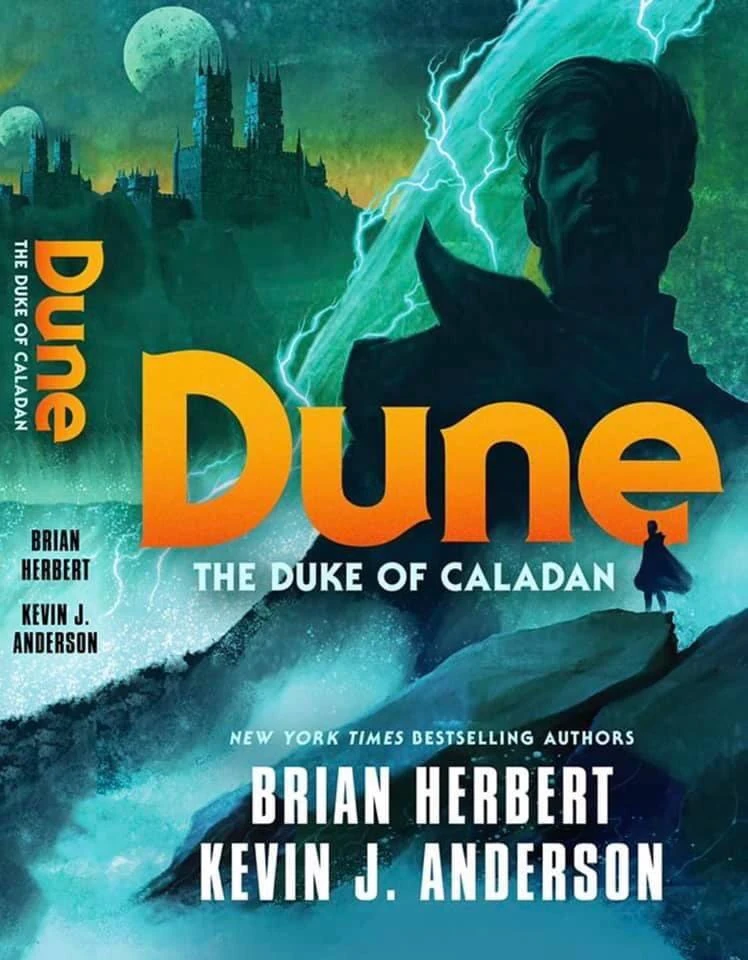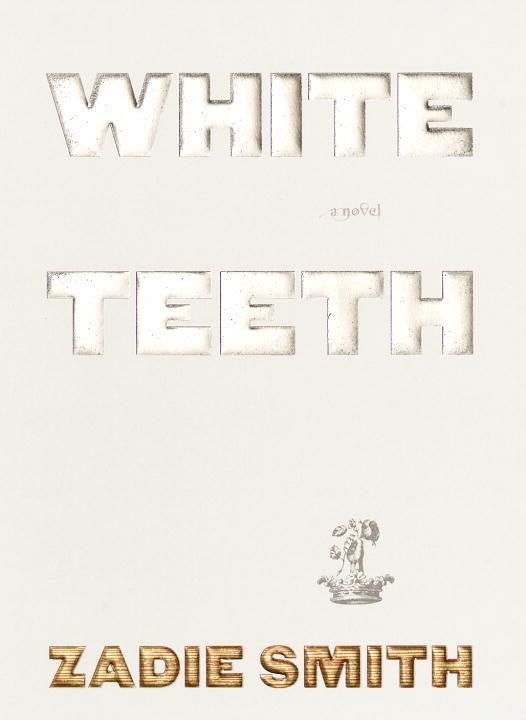This one?
From this wiki I guess this books happens after the Dune: House Corrino book I just read, probably answers to the manipulation of Doctor Yueh plot. Guess I should pick on The Caladan Trilogy before I do another proper read of Frank Herbert's original.
Dune: The Duke of Caladan
Dune: The Duke of Caladan is a 2020 science-fiction novel. Co-written by Brian Herbert and Kevin J. Anderson, the book was published on October 13, 2020. The novel is the first in The Caladan Trilogy, a series "focused on Duke Leto, Lady Jessica, and Paul, leading directly to the events in" the...dune.fandom.com
That's the one! I

